An Airstream RV park experience can be a fun and liberating way to explore the U.S. With retro Airstream trailers lined up amid natural beauty. You have a unique chance to enjoy the great outdoors while still having a stylish spot to relax.
Maybe you are thinking of Airstream life and want to try it out. Perhaps you have an RV but have family that wants to check out RV life. Or, you want to ditch the motor home like we did and enjoy a simpler RV experience. Either way, these are great places to check out Airstream Living.
In this article, I share my top picks of Airstream parks that you might want to add to your travel list, along with some useful advice on planning your next adventure.
Why Airstream Parks Are a Unique Travel Experience
Airstream parks have become a favorite among travelers who enjoy a blend of mobility, comfort, and nostalgia. These parks offer a chance to stay in vintage trailers that have been updated with modern amenities.
Even if you aren’t traveling in one, visiting these parks lets you see beautifully arranged sites in some of the best locations across the country. I’ve come to appreciate the laid-back charm and community spirit that many of these parks foster.
What makes these spots especially appealing is the way they combine the allure of retro style with the comforts of today. Whether you’re looking at a backdrop of mountain ranges, pristine lakes, or sun-soaked deserts, there’s an Airstream park that caters to your taste.
Their popularity has grown partly because they deliver an experience that is part camping, part boutique hotel, and entirely memorable.
Top Airstream Parks to Consider
Finding the right park depends on what kind of scene you love. I’ve compiled a list of some popular Airstream parks across various regions in the U.S. that deliver eye-catching settings and a kick of character.
- Desert Mirage in California: Set against a desert landscape framed by red rock formations, this park offers a mix of rugged beauty and modern design. With ample open space and a relaxed vibe, guests can spend days exploring nearby hiking trails and stargazing under crystal clear skies.
- Blue Ridge Haven in North Carolina: Nestled in the rolling hills of the Blue Ridge Mountains, this destination offers lush greenery and a cool climate. It’s perfect for those who enjoy outdoor activities like hiking, fishing, or simply unwinding amidst nature’s splendor.
- Sunset Oasis in Florida: For a more tropical experience, Florida’s Sunset Oasis is hard to beat. With its proximity to pristine beaches and a serene ambiance, it’s ideal for early morning walks by the surf and quiet evenings watching the sun sink below the horizon.
- Mountain Escape in Colorado: If you love the mountains, Colorado’s Mountain Escape park will be a hit. It features breathtaking views of the towering Rockies, and you can venture out for ski trips, mountain biking, or simply enjoy the crisp mountain air.
- Lakeside Retreat in Michigan: Located near sparkling lakes and wooded areas, this park is great for water enthusiasts. Whether you’re into kayaking, fishing, or simply relaxing by the water with a good book, this park has something to offer for every kind of traveler.
These are examples of places you can enjoy the Airstream Lifestyle. Each park has its own flavor and local attractions. Taking time to research what interests you will help you pick the perfect location for your getaway.
Planning the Perfect Airstream Adventure
Before kicking off your adventure to one of these parks, careful planning makes all the difference. The blend of nature and retro lifestyle promises an experience that’s both relaxing and engaging. Here are some steps I’ve found really useful when setting up your Airstream adventure:
- Decide on Your Location: Whether you want coastal views or mountain scenery, narrowing down the region can help focus your research. Look into multiple parks in that area to compare amenities and surroundings.
- Research Park Amenities: Each park offers its own set of services. Some might boast full-service hookups, WiFi, and on-site activities while others stick to a more basic, nature-focused approach. Consider what matters most to you.
- Make Reservations Early: These parks are popular, especially during peak travel seasons. Booking ahead ensures you have a spot that meets your needs and preferences.
- Plan Your Route: Mapping out your travel path can save you time and let you stumble upon other nearby attractions along the way. If you’re planning to visit multiple parks, consider the distances and travel times.
- Pack Appropriately: Check what each park offers and what you might need to bring, such as linens, cooking equipment, or outdoor gear. Some parks may offer extras, while others encourage a minimalist approach.
Following these steps often leads to a smoother experience and lets you truly relax in your chosen park without worrying about the little details.
Insider Tips for Enjoying Your Stay
Every Airstream park has its own community vibe. I’ve picked up some tips from fellow travelers that really step up the overall experience when staying at these parks.
- Get Involved with Fellow Travelers: These parks often attract people who love the outdoors. Whether you join a communal campsite dinner or simply chat by the fire pit, exchanging stories can make your stay richer.
- Explore Beyond the Park: Local attractions often add meaningful context to your visit. Check out nearby hiking paths, small-town diners, and historical sites that can broaden your adventure.
- Embrace the Retro Zip: Many parks host themed events or even vintage outdoor movie nights. Partaking in these experiences can bring a sense of nostalgia and a fun twist to your stay.
- Take Advantage of Nature: Whether it is star prayer nights or early morning nature walks, we shouldn’t underestimate the value of enjoying your surroundings slowly and thoughtfully.
Every tip adds up to making your stay memorable and stress-free, letting you fully appreciate the mingling of retro charm and modern comfort.
Considerations Before Booking Your Spot
It’s not all fun and games, though the benefits often outweigh minor challenges. With some insights, you can avoid possible hiccups that might dampen your experience. Here are some things to keep in mind:
- Amenities and Facilities: Some parks offer extensive features such as full electrical hookups, showers, and even small convenience stores, while others might be more basic. Reading reviews and contacting the park if you have questions about what’s available can be very important.
- Pricing Structures: Costs can vary significantly based on location and the level of services provided. Paying attention to seasonal variations and any possible additional charges—like pet fees or usage fees for certain facilities—can save you surprises later.
- Local Attractions: A park might look charming on its own, but knowing what is nearby can step up your travel experience. Whether it’s local wineries, hiking trails, or little-known museums, checking out what can be explored around the park is key.
- Accessibility: Consider how easy it is to reach the park. Some destinations are remote and require longer drives or even off-road conditions. Make sure the trip matches your comfort level and vehicle capabilities.
Amenities and Facilities
Considering what the park can physically offer is important. Some Airstream parks are fully serviced, while others provide a more rugged experience. Knowing the difference can help you pack the right gear and get the most out of your stay.
Pricing and Booking
Budgeting for a trip means considering more than just the nightly fee. It also means factoring in any extra costs such as cleaning fees or seasonal surcharges. Occasionally, parks offer package deals or discounts for extended stays, so keep an eye out for those opportunities.
Local Attractions
Every park has its own set of nearby activities that can turn a regular visit into an adventure. Whether it’s taking scenic drives, exploring local nature trails, or visiting charming small towns, learning about the local scene adds depth to your experience.
All these measures help ensure that your Airstream experience is comfortable and aligned with your expectations, making your stay even more enjoyable.
Advanced Tips for the Seasoned Traveler
Quite often, once you’ve navigated the basics of planning and booking, you might desire an even deeper, more immersive experience. Here, I share some advanced advice that can help step up your time at Airstream parks.
Optimize Your Itinerary: Scheduling your visit during off-peak times not only saves money but often means a more relaxed environment. You can enjoy the facilities without the crowd. It also gives a great chance to mingle with locals and learn about the area.
Customize Your Stay: Some parks allow personalization of your Airstream rental, including options for interior upgrades or tailored amenities. Ask in advance if they offer any special packages or themes, which might add that extra touch to your trip.
Explore Local Cuisine and Culture: Where you park for the night can also influence your overall travel experience. Many Airstream parks are near local eateries and small markets that bring a taste of regional flavor to your journey. Take time to sample the offerings and interact with the community.
Keep a Flexible Schedule: The beauty of an Airstream park trip is the freedom it gives you. If you encounter local events or stumble upon hidden gems nearby, allow yourself enough time to enjoy these spontaneous adventures. Flexibility in your itinerary can often lead to the most memorable experiences.
These suggestions might help experienced travelers refine their plans and add layers of enjoyment to an already unique experience.
Local Community and Sustainable Travel
One of the most rewarding aspects of spending time at an Airstream park is the opportunity to connect with the local community. Many of these parks are nestled near small towns where local culture and traditions thrive.
When you choose an Airstream park as your base, you’re not just checking in for a night’s stay, you’re opening the door to many local experiences. From meeting friendly residents to sampling homemade dishes at roadside diners, each encounter enriches your journey.
Sustainable travel is also a big part of the modern Airstream movement. Many parks have embraced eco-friendly initiatives that help protect the environment. You might find recycling programs in place, solar-powered facilities, or even community gardens that invite guests to pitch in.
By supporting these parks, you’re taking part in a movement that values nature and community. This conscious approach to travel makes your stay all the more fulfilling because you are making a positive impact while enjoying a unique getaway.
Local businesses often rely on the steady flow of visitors to keep their traditions alive. Whether it’s a quaint coffee shop offering locally roasted brews or an artisan market showcasing handmade crafts, these community hubs add depth to your travel experience.
Spending some time in town, talking to shop owners or joining community events, can transform a simple getaway into an immersive cultural adventure.
In addition, many parks host events that promote both sustainability and community involvement. Workshops on local history, guided nature walks, and eco-friendly activities are often part of the schedule.
These events are not only educational but also a wonderful way to meet people who share your interests. By taking part, you ensure that your vacation enriches not only your life but also supports the people and environment around you.
Frequently Asked Questions
Question: What makes Airstream parks stand out compared to traditional campgrounds?
Answer: Airstream parks combine vintage aesthetics with modern comforts, providing a stylish and memorable stay. The experience is step up by the community vibe and beautiful surroundings that often include local attractions.
Question: How can I find the right park for my travel style?
Answer: Look into each park’s reviews, amenities, and nearby attractions. Whether you want a quiet retreat or a park with plenty of social spaces, researching ahead of time helps ensure your stay will be enjoyable.
Question: Are reservations required, even during off-peak seasons?
Answer: Yes, it’s advisable to book in advance. Even off-peak seasons attract travelers, and securing your spot guarantees you get the features you’re looking for, whether it’s a prime location or a well-equipped Airstream unit.
Question: What additional costs should I anticipate?
Answer: Along with the nightly fee, you might encounter extra charges like utility fees or service fees. Be sure to read the booking details carefully and ask the park for any clarifications before finalizing your reservation.
Wrapping Up Your Airstream Experience
The charm of Airstream parks lies in the balance they strike between modern amenities and vintage flair. From the lush environments of mountain escapes to the sun-drenched vibes of beachside retreats, each park offers a unique slice of American travel culture.
By choosing one of these parks for your next journey, you’re not only opting for a place to stay but also for an experience filled with history, style, and adventure.
Every trip offers a chance to disconnect from daily life and reconnect with nature. Whether you’re planning a quick weekend getaway or a longer vacation, a visit to an Airstream park brings a fresh perspective. The blend of comfortable living and picturesque settings encourages you to slow down, explore, and appreciate the little moments that make travel special.
If you have questions or need further advice on planning your Airstream adventure, please feel free to reach out or leave a comment below. Sharing experiences and tips only makes the travel community stronger.
Whether you’re new to the Airstream lifestyle or a seasoned traveler, these parks offer something memorable for everyone. Enjoy your time exploring, and may each visit add to your collection of adventures!
Please consider leaving a question or comment if you found these suggestions helpful. I hope your next Airstream adventure brings you relaxation, fun, and a fresh view of the great outdoors. Happy travels!
_______________________________________________
To learn more about us, click here.
Please feel free to ask a question or leave a comment before you read other articles on our website.
Pam and I hope that while you enjoy the RV lifestyle, you also run an online business from your RV! We do!!
With great RV connectivity, as discussed on this website, you can make money while traveling to whatever destination you desire.
Would you like to create an income while enjoying RV travel?
Is there something that you are passionate about? You can create an online business that you can run anywhere. Do you need extra income? I can help you do that!
=====> CREATE AN ONLINE BUSINESS FROM SOMETHING YOU LOVE TO DO! <====

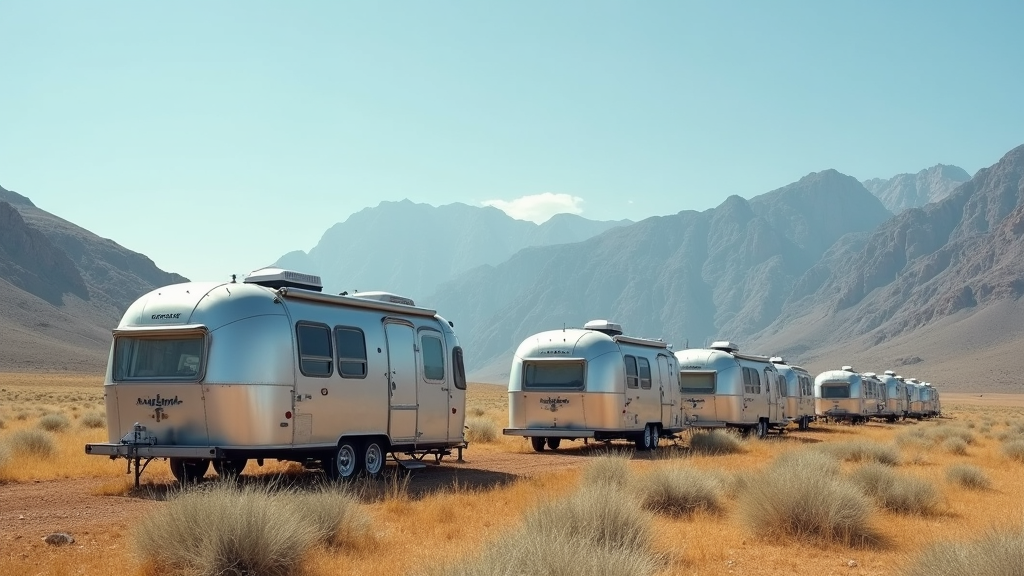
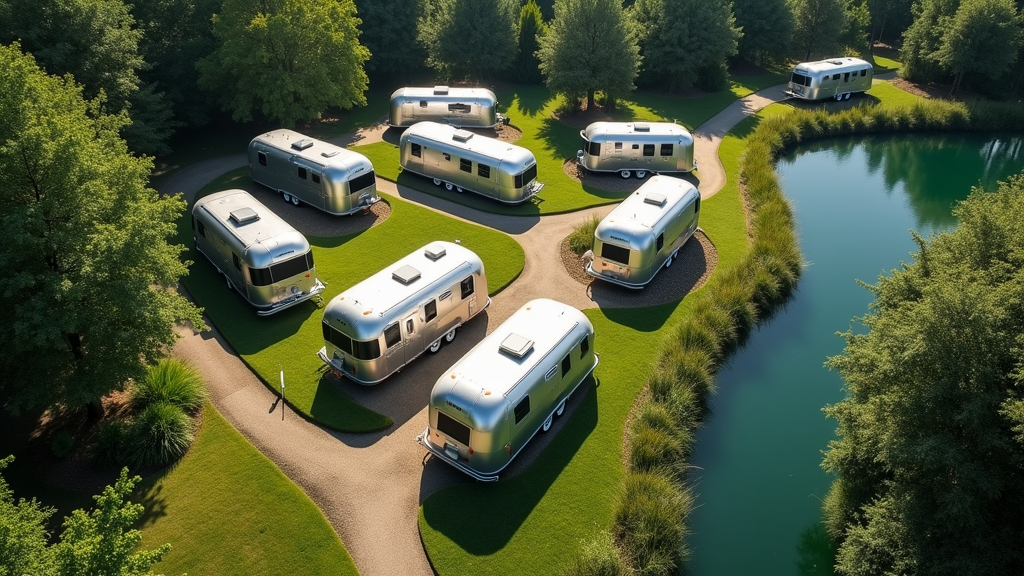
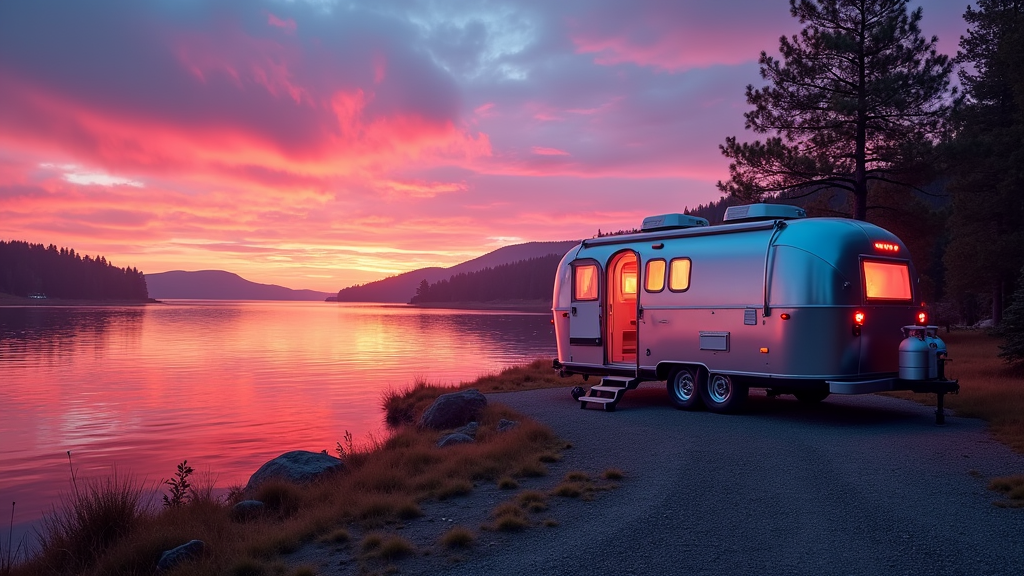
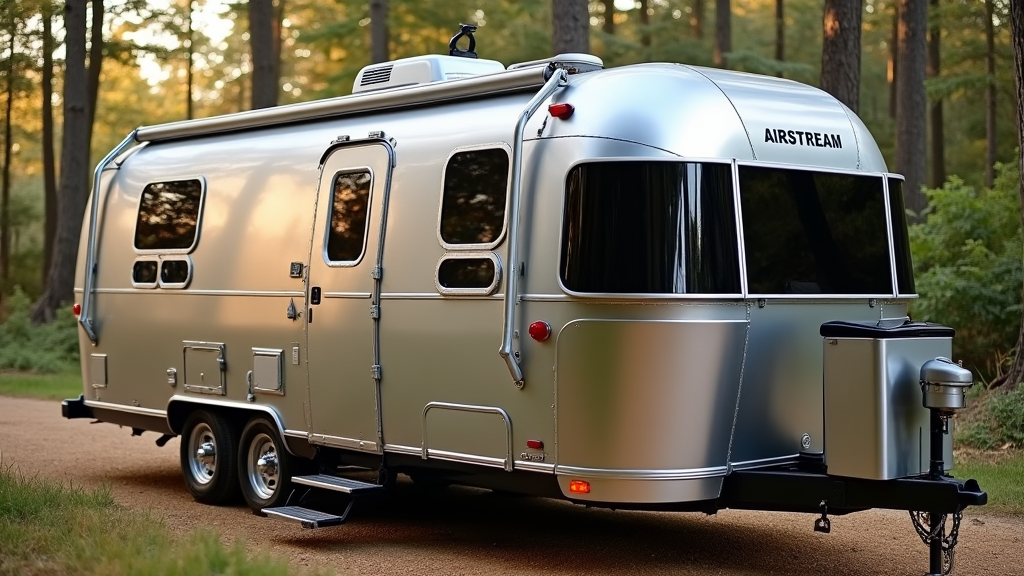
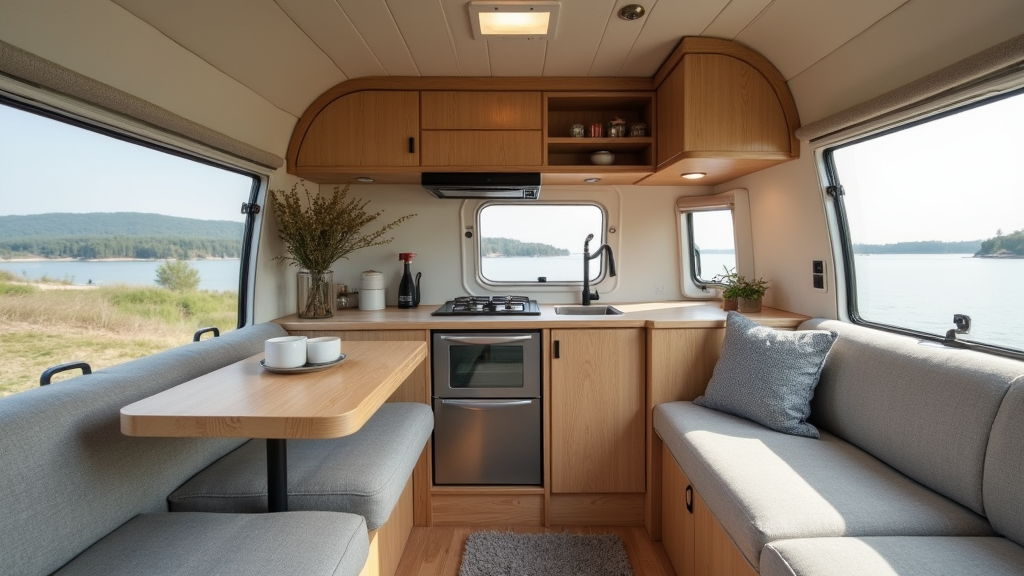


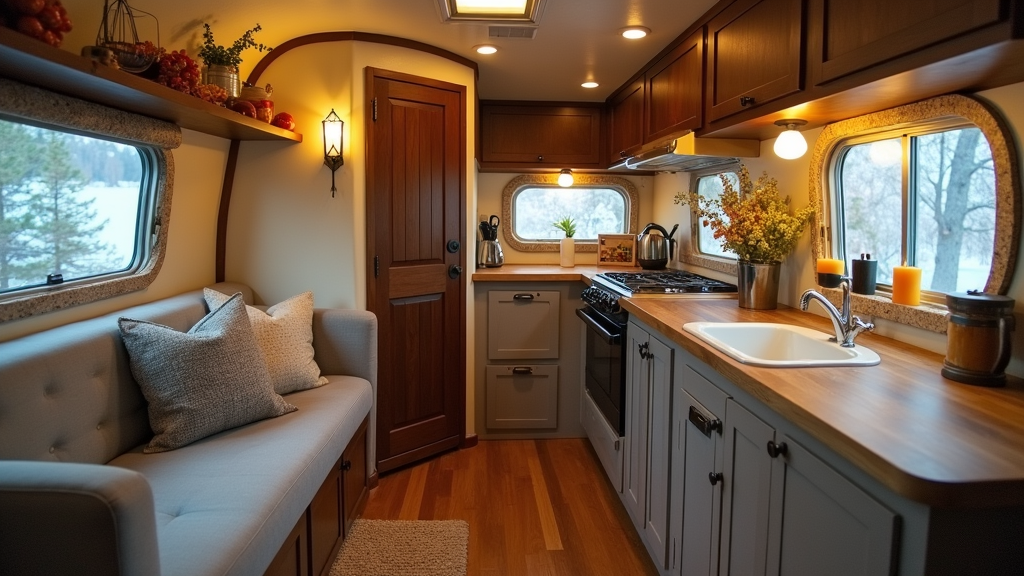
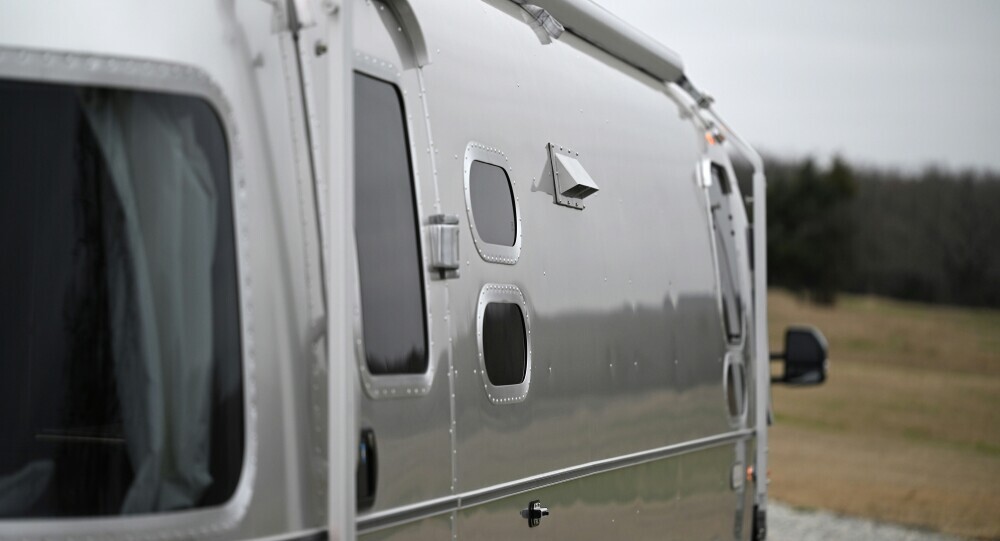
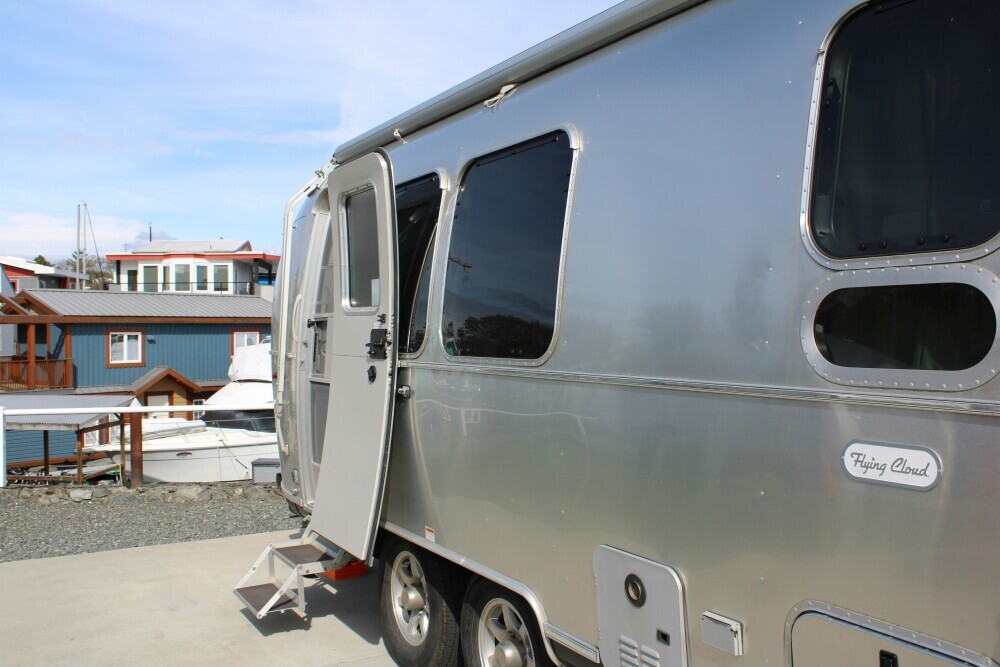
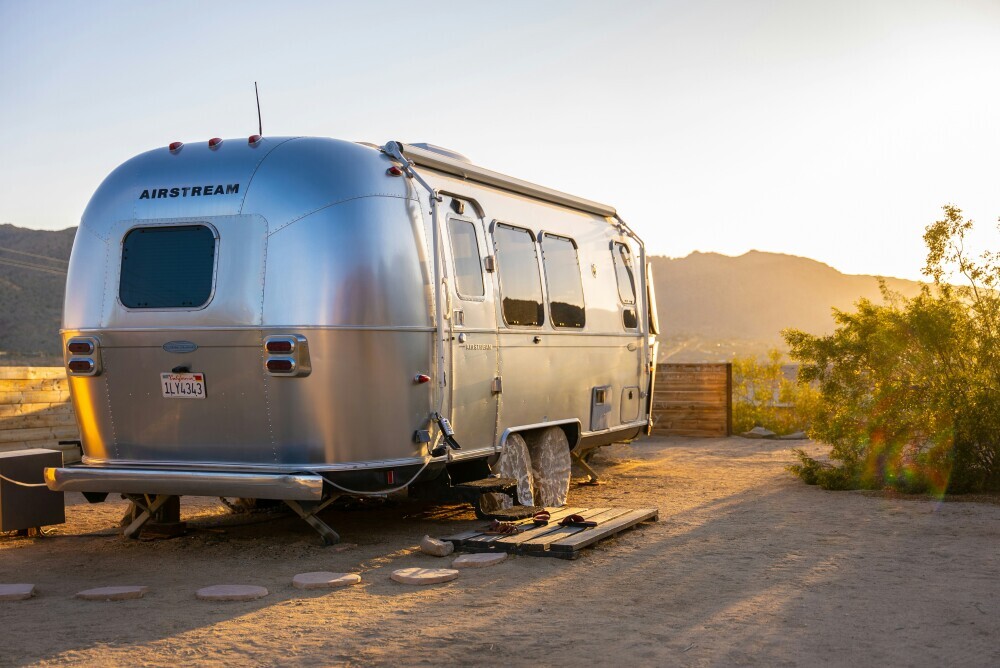
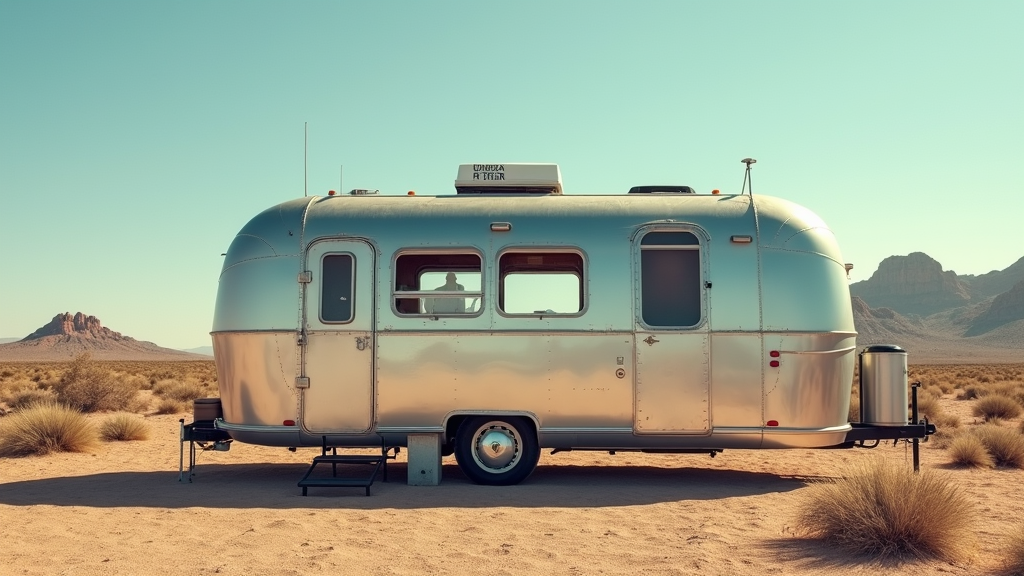

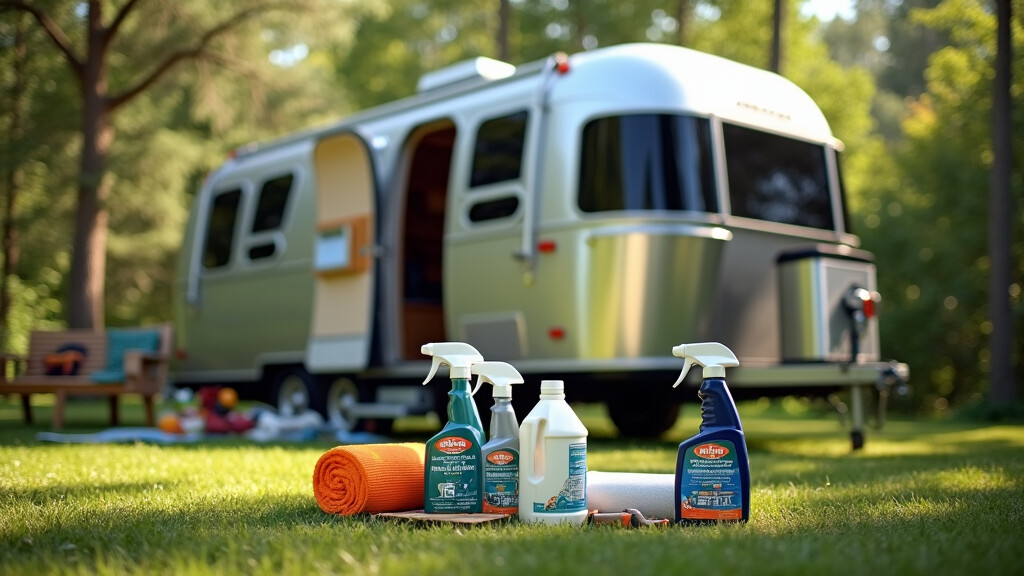

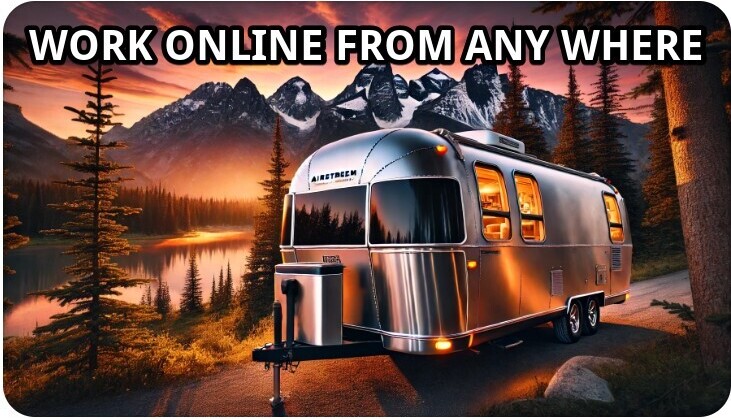
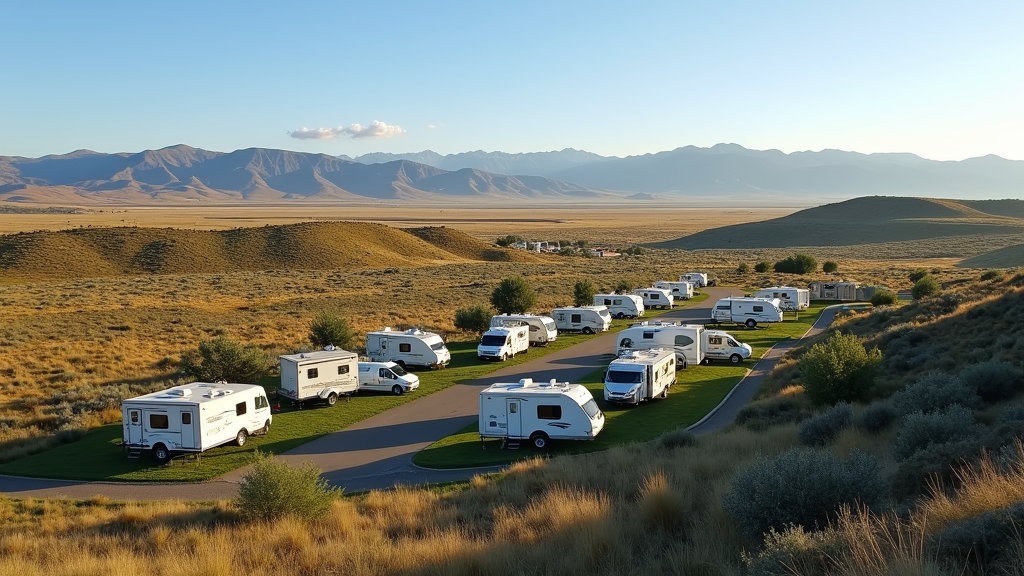
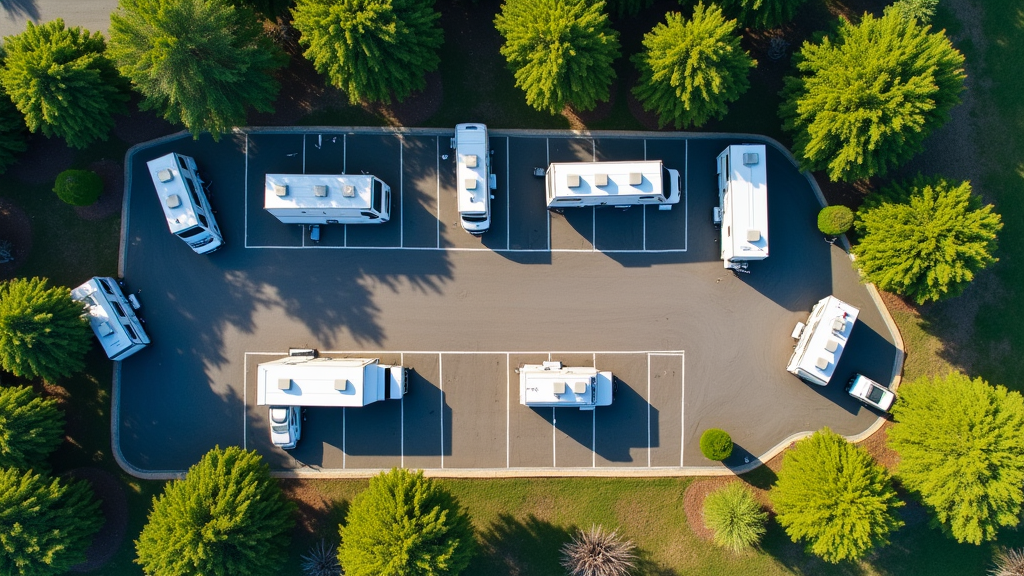
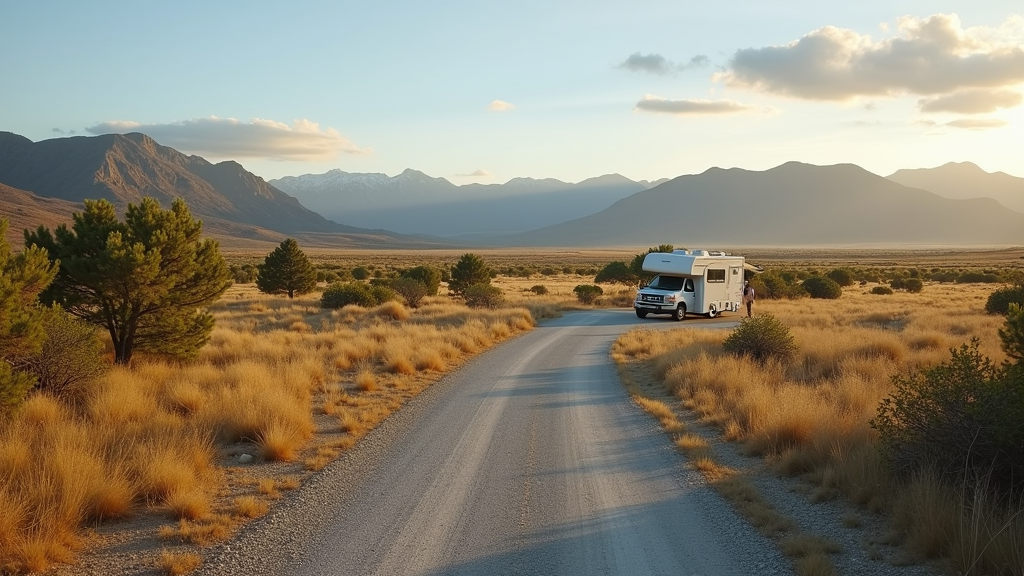
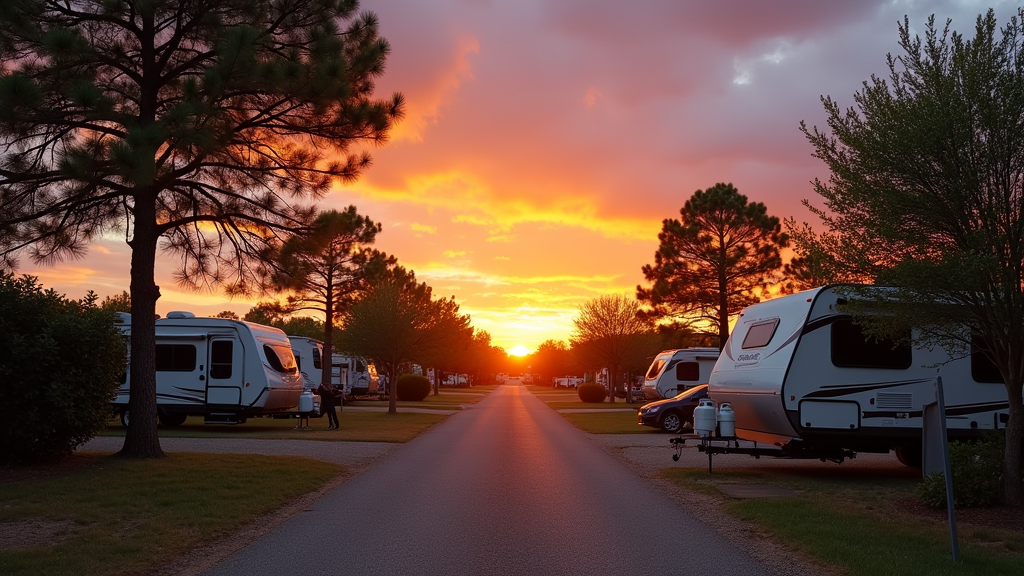
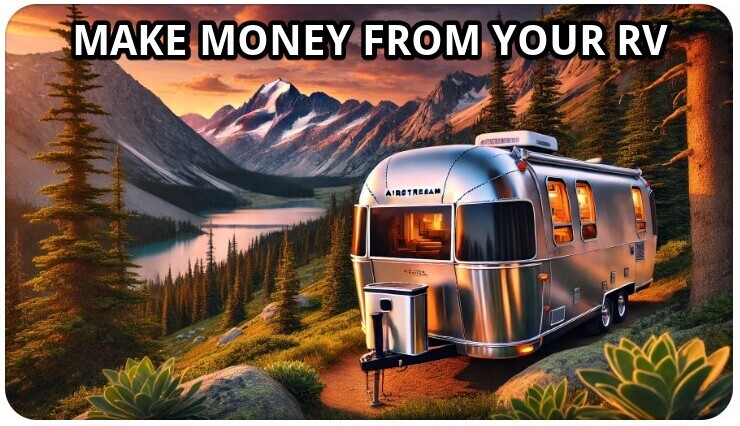
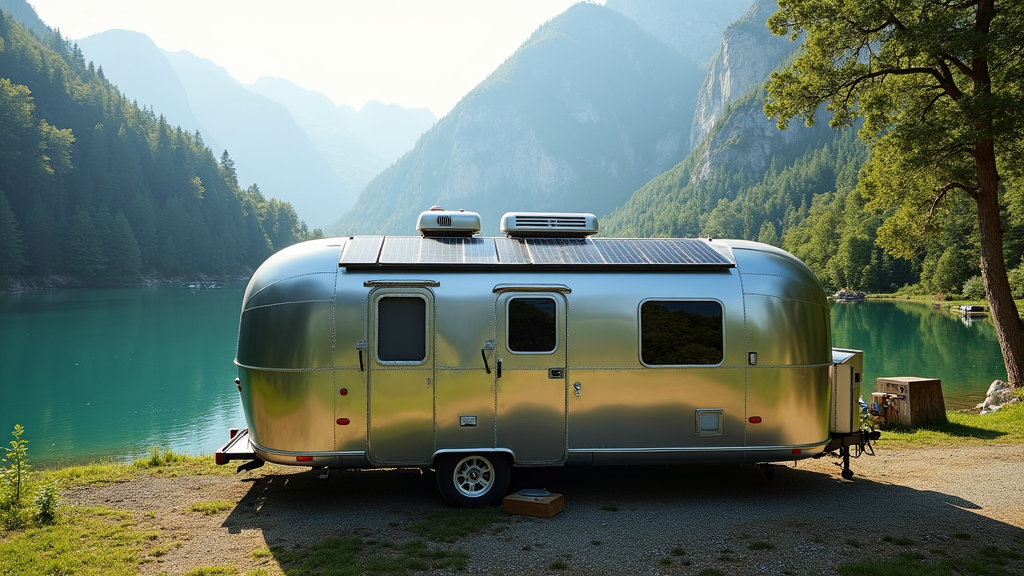
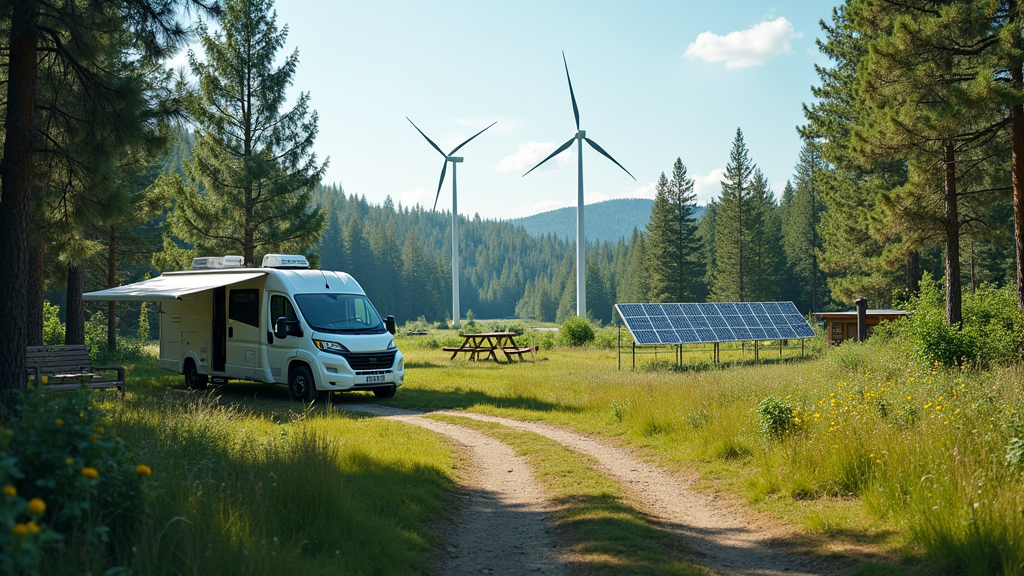
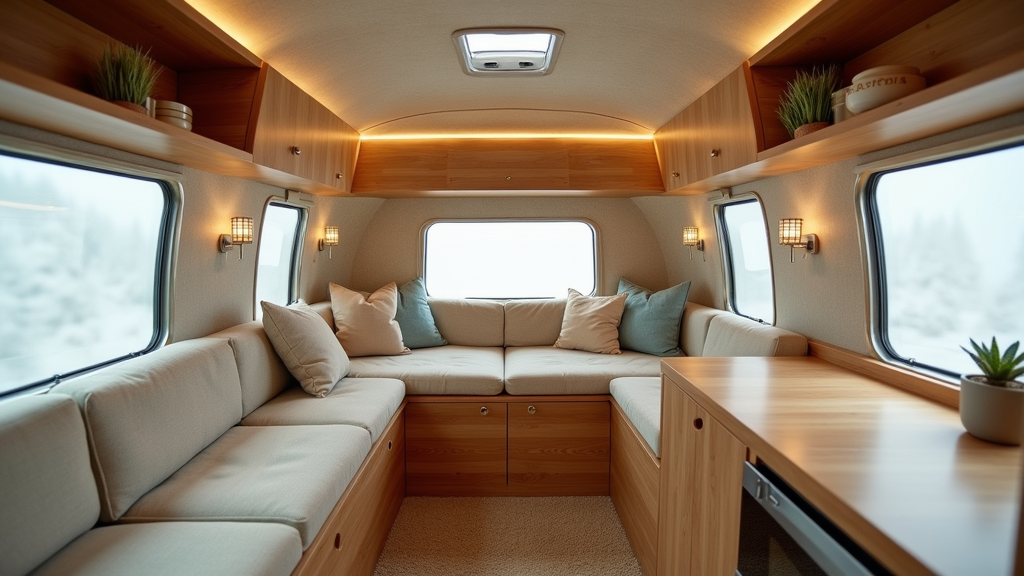
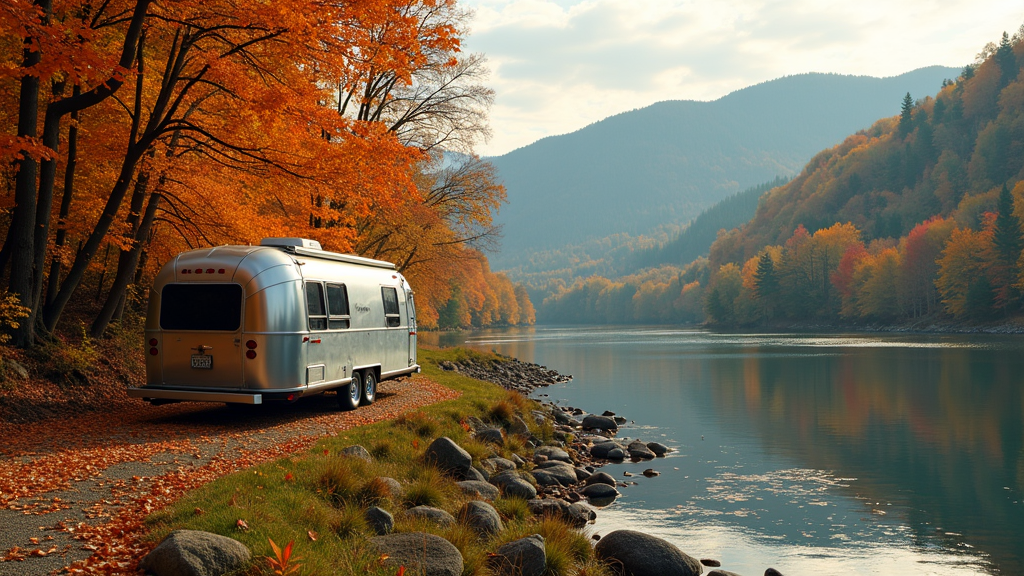


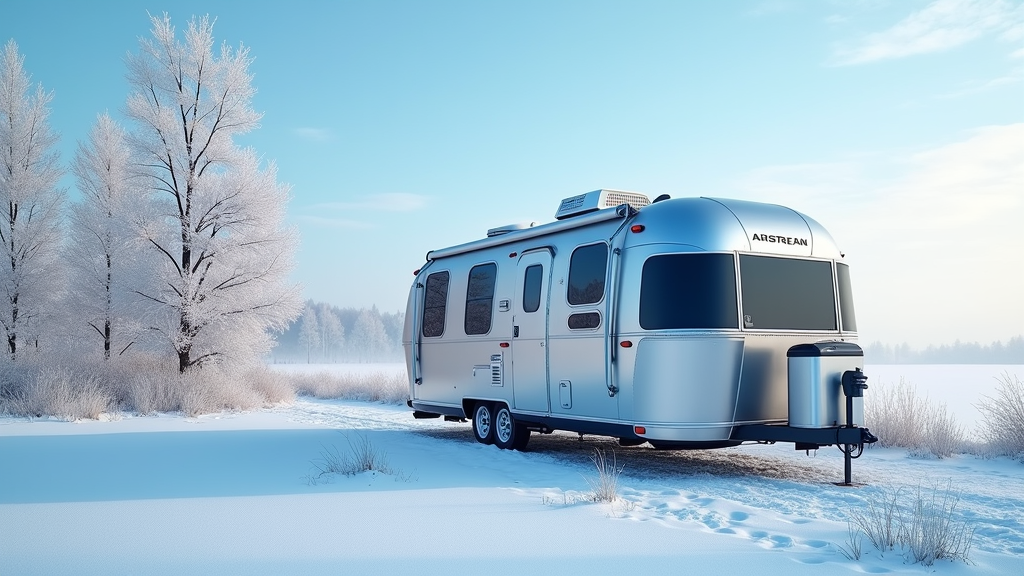

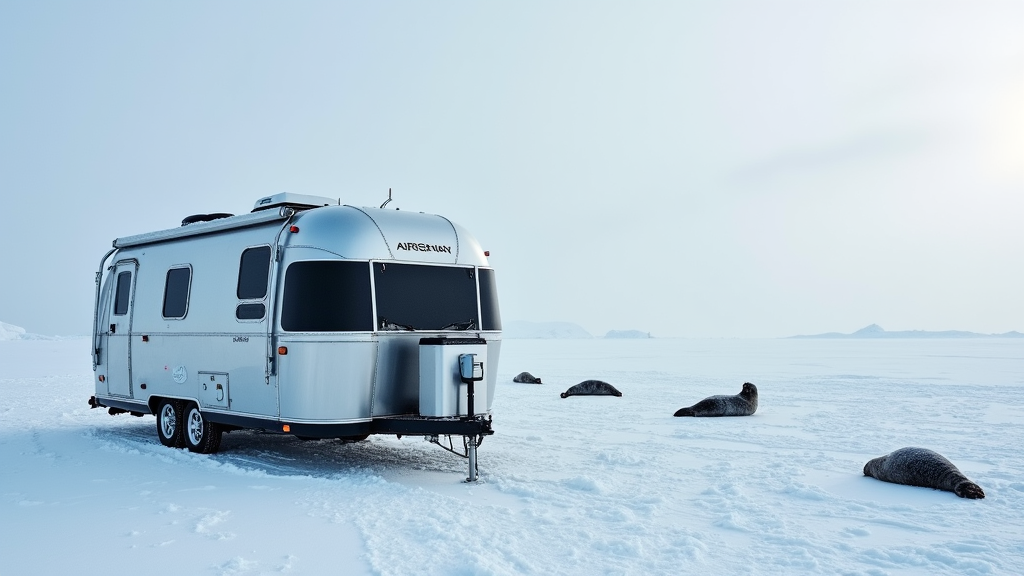
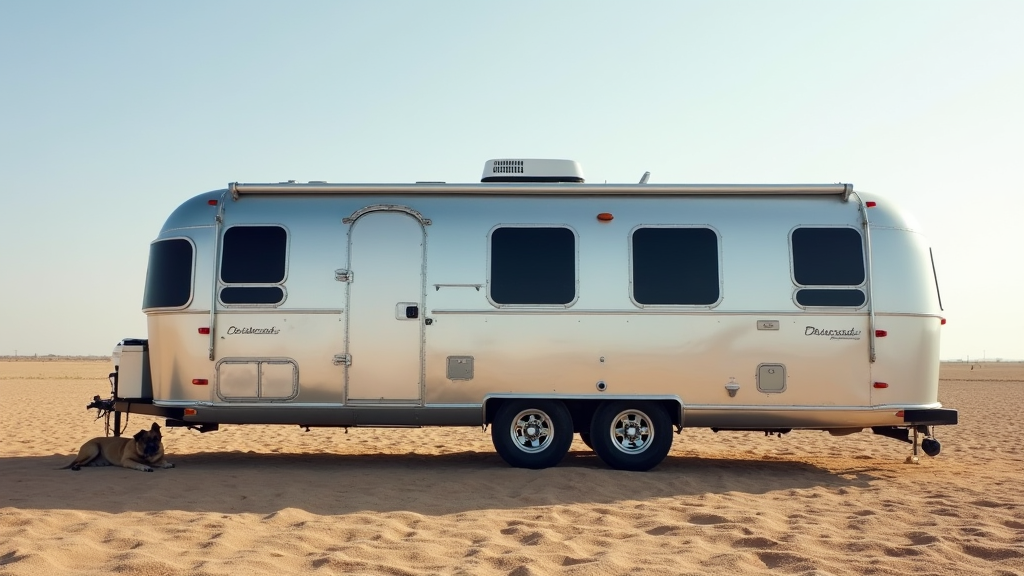

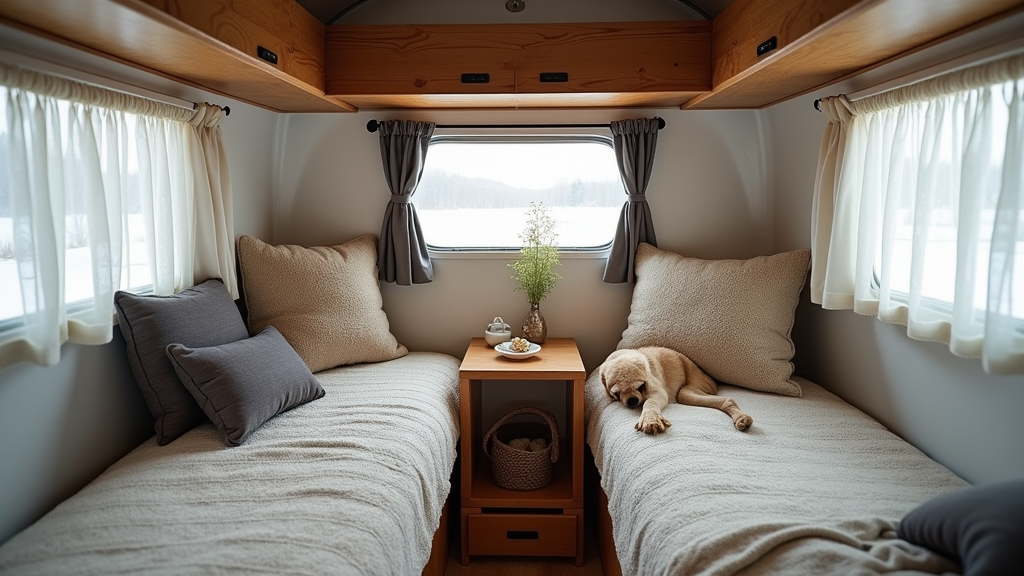
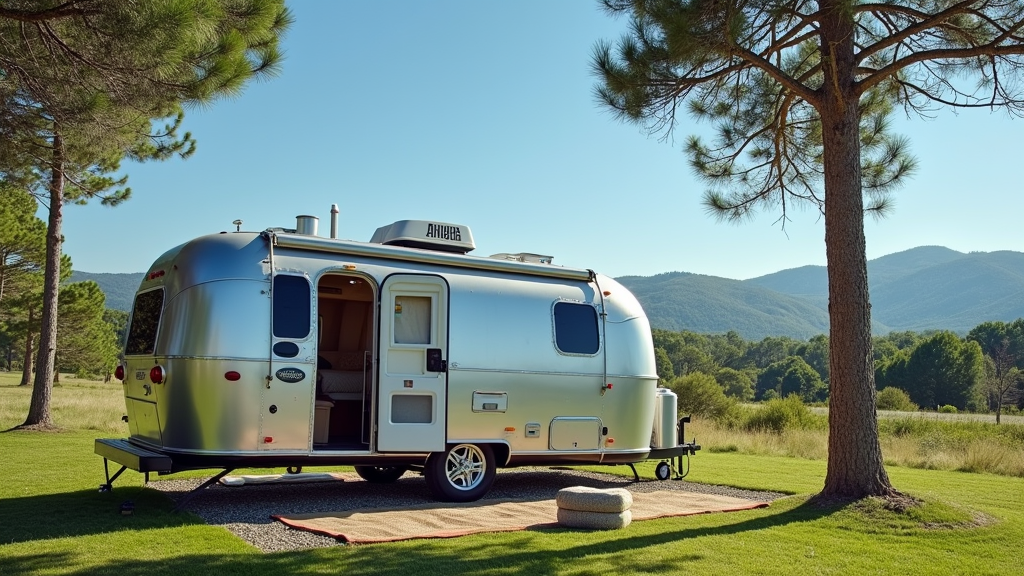




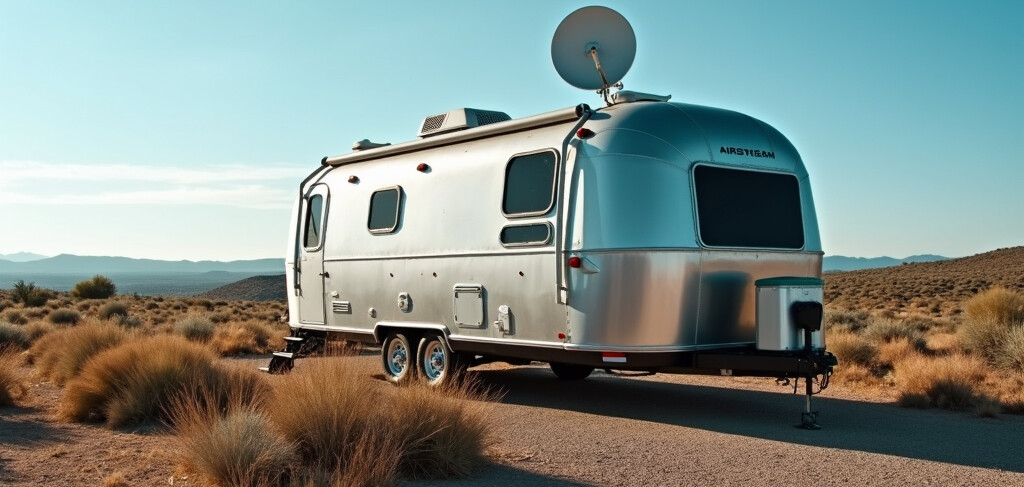
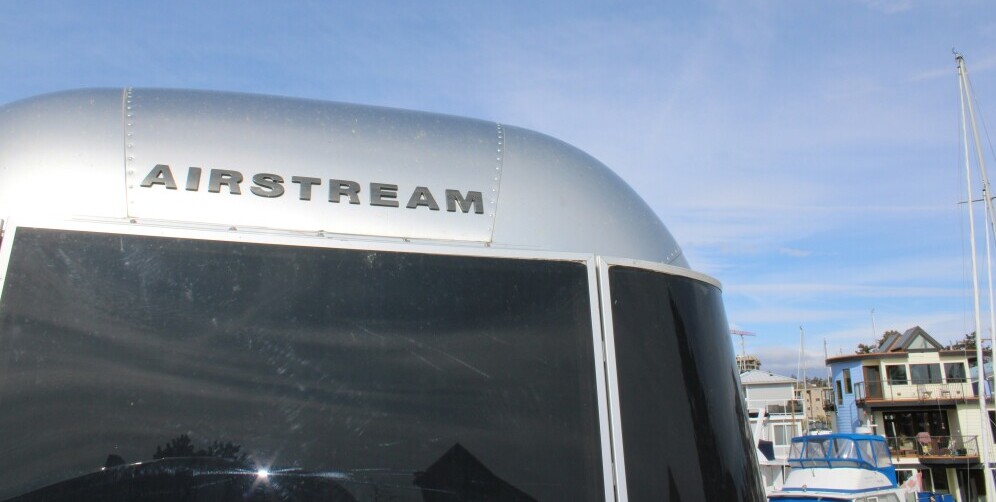 own
own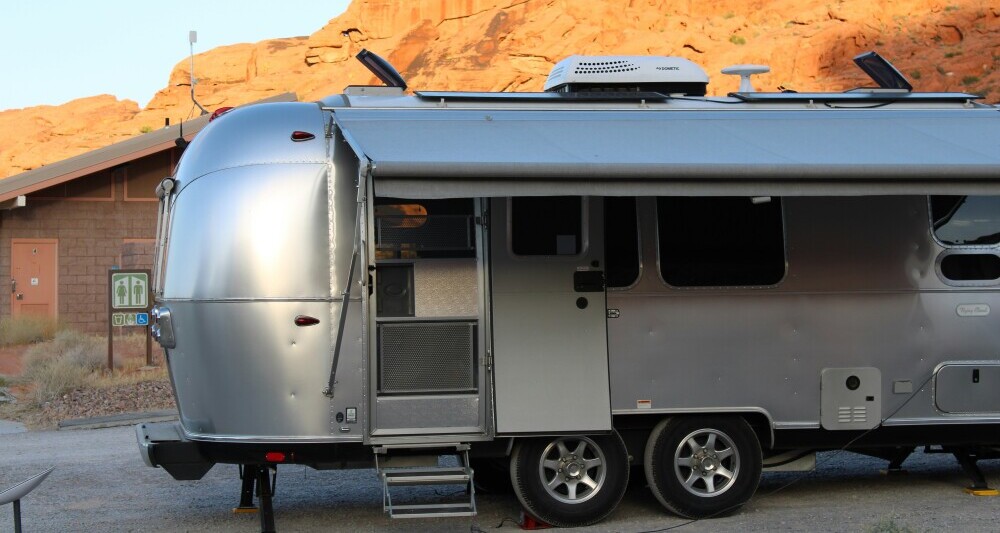


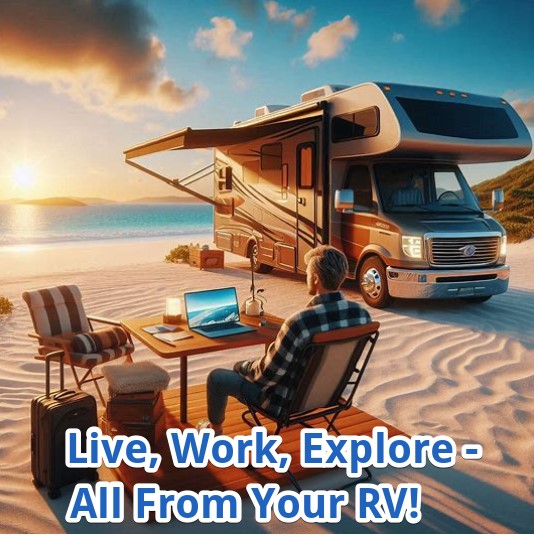
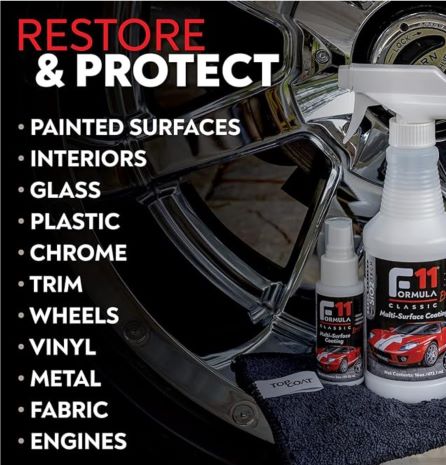
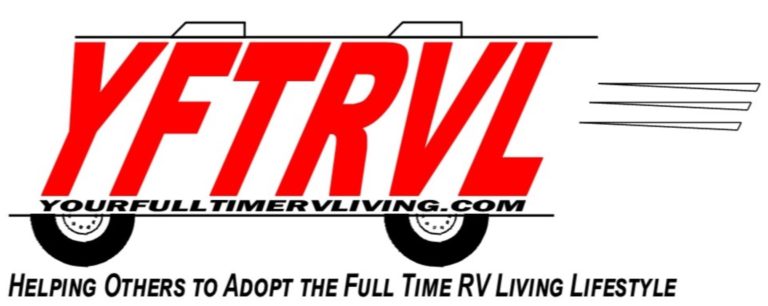



Recent Comments